This book is a publication of
Indiana University Press
Office of Scholarly Publishing
Herman B Wells Library 350
1320 East 10th Street
Bloomington, Indiana 47405 USA
iupress.indiana.edu
Telephone orders 800-842-6796
Fax orders 812-855-7931
2013 by Carola Lentz
All rights reserved
No part of this book may be reproduced or utilized in any form or by any means, electronic or mechanical, including photocopying and recording, or by any information storage and retrieval system, without permission in writing from the publisher. The Association of American University Presses Resolution on Permissions constitutes the only exception to this prohibition.

The paper used in this publication meets the minimum requirements of the American National Standard for Information SciencesPermanence of Paper for Printed Library Materials, ANSI Z39.481992.
Manufactured in the United States of America
Cataloging-in-Publication Data is available
from the Library of Congress.
ISBN: 978-0-253-00953-1 (cloth)
ISBN: 978-0-253-00957-9 (paper)
ISBN: 978-0-253-00961-6 (ebook)
1 2 3 4 5 18 17 16 15 14 13
Preface
PARTS OF THIS book were written, or rather rewritten, after I had become increasingly critical of earlier drafts, during a sabbatical year at the W. E. B. Du Bois Institute for African and African American Research at Harvard University in 20089. While struggling to reconceptualize the books central narrative, and how I could make the very rich, but also overly complex and local material from remote corners of Ghana and Burkina Faso more interesting for a broader readership, I often interrupted desk work with a stretch of jogging along the Charles River that traverses Cambridge. Many times had I run past a memorial stone at Sir Richards Landing and in passing glanced at its inscription, until one day it dawned on me that this stone had everything to do with the stories of African first-comers and founders of settlements over which I was musing. The stone had been placed on Cambridge lands by inhabitants of the neighboring city of Watertown, and its inscription read:
Here at this rivers edge, the settlers of Watertown led by Sir Richard Saltonstall landed July 30, 1630. Here, Reverend George Phillips protest in 1632 against taxation without representation struck the first note of civil liberty heard in this wilderness. All of the territory from Sparks Street to Mount Auburn bridge, originally a part of Watertown, was annexed to Cambridge in 1754. Erected by the Historical Society of Watertown, 1948.
Here, carved in stone, was an American version of a first-comer narrative, invoking arguments to boost territorial claims and assertions of property that resonated very much with my West African interlocutors contentions. The amateur historians of Watertown wanted to remind all passersby that their ancestors, and not the later Cambridgean occupants, had been the very first persons to discover and set foot on this land. Of course, they failed to mention any Indian inhabitants who might have happened to live in the area prior to Sir Richards landinga typical strategy of first-comer narratives that implicitly define who belongs to the potential claimants while completely silencing the claims of others. As if this were not enough, the authors of the inscription added that discovery and occupation were followed by an important political act, namely taming the wilderness and thus taking a leading role in preparing the road to American democracy. Almost two hundred years had passed since the land originally owned by Watertownians had been annexed by Cambridgea turn of phrase that insinuates an illegitimate actand yet some Watertown patriots felt impelled to set the historical record right by erecting a commemorative stone that memorialized their moral right as first-comers to the territory they later lost.
African village elders and earth priests, when they wanted to convince me (and others) of their legitimate property rights or of the injustice they had suffered in being dispossessed of land, presented very similar claims of discovery, first possession, and taming of the wilderness into which their ancestors had moved. And although they did not erect commemorative stones with lengthy inscriptions, my African interlocutors, too, pointed to landmarks, such as rivers, hills, rock outcroppings, or remarkable trees, where specific events were supposed to have taken place and that now served as mnemonic devices, a kind of aide-mmoire, to support the stories. In some places, annual communal hunting expeditions to these landmarks and walks along the village boundaries, interspersed with sacrifices, kept the villagers memory of the settlement history alive and transmitted this knowledge to the younger generation.
In the savanna hinterland of Burkina Faso and Ghana, where the modern state has not yet established any written registers of land titles, the settlement narratives, and the commemorative practices that punctuate them, serve as a kind of oral land registry. For the local population, the question of who owned the land is inextricably tied to the issue of who came first. The often contradictory details of hunter narratives and other stories of founding a settlement that so bewildered me during fieldworkand that my interlocutors found so importantaim at determining whose ancestors were the first to establish themselves in a place, how those perceived as late-comers were incorporated or excluded, and which rights the purported first-comers had transferred to later immigrants. Violence and coercion certainly were, and sometimes continue to be, important for gaining access to and appropriating land, but they alone cannot ensure long-term, uninterrupted use; the latter needs to be strengthened through building consensus. Convincing narratives of the origins and subsequent transfers of property are central to bringing about this consensus. The validation of first-comer narratives in the face of rival claims, on the other hand, depends on which public authority and which supporting networks the competing parties can rally. Authority and power thus play as decisive a role in property dynamics as persuasive narratives do. And, as the Watertown/Cambridge rivalry reminds us, the politics of property necessarily involve politics of social belongingthat is, struggles over whom to count among the first-comers and how to define the relevant property-holding community and its relations to outsiders.
The present book is the result of many stays in Ghana and Burkina Faso, most of which were organized in the context of the Special Research Area 268 on the West African Savannah at Goethe University, Frankfurt/Main, and funded by the German Research Foundation. I greatly benefitted from joint travels and stimulating intellectual exchange with my research team, comprising Richard Kuba, Volker Linz, Michaela Oberhofer, Katja Werthmann, and Andrea Wilhelmi. I owe thanks to the Institute of African Studies at the University of Ghana and to the Dpartement dhistoire et archologie of the University of Ouagadougou, who kindly acted as host institutions for our team during fieldwork. I am also very grateful to the local research assistants who have worked with me over the years, and who tirelessly accompanied me even to the remotest of the more than seventy Dagara and Sisala villages in which we documented the various lineages migration-and-settlement narratives: the late Samuel Tigwii Amoah, Simon Hien, Isidore Lobnibe, Sylvain Poda, and Grgoire Som. Furthermore, I enjoyed the hospitality and support of a great many Ghanaians and Burkinab, only a few of whom can be mentioned here. First and foremost, I wish to thank my Dagara hosts who took me into their fold and adopted me as early as 1987 into their Kpiele patriclan, the large Bemile-Meda family, and particularly two of my brothers, the late Bartholemew Bemile and Sebastian Bemile, for their love, friendship and encouragement. Great thanks also go to my mothers brothers of the Bekuone patriclan, the family of the late Gaston Hien, who eventually enticed me to build a small house in Ouessa (Burkina Faso), near the Ghanaian border, and thus root myself more firmly in the very landscape whose history and current predicaments I was exploring. During research stays on the Ghanaian side of the border, Nandom Naa Dr Charles Imoro was always a most warm and gracious host, as were the late Lambussie Kuoro K. Y. Baloro and his son Tong Baloro, and the late Lawra Naa Abeyifaa Karbo. Last but not least I would like to express my gratitude to several colleagues from Burkina Faso and Ghana, the late Claude Nurukyor Somda as well as to Kojo Amanor, Pierre-Claver Hien, Benjamin Kunbuor, Georges Madiga, Magloire Som, Alexis Tengan, and Edward Tengan, who shared my passion for migration narratives, settlement history, and land rights, and who were often willing to discuss my findings and offer their invaluable insights.

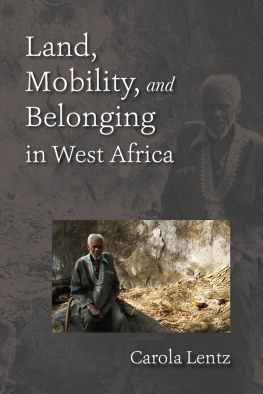

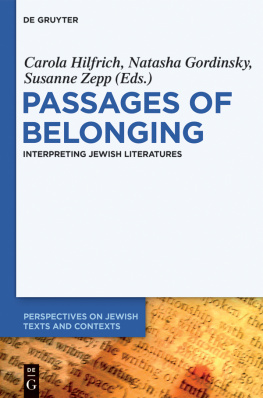
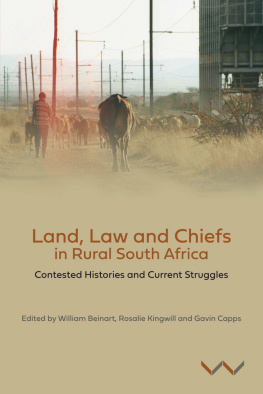
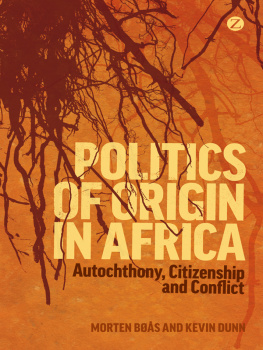

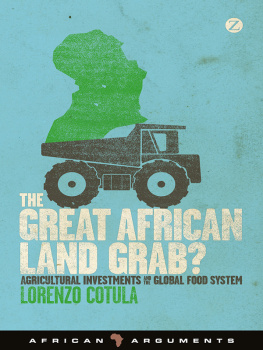
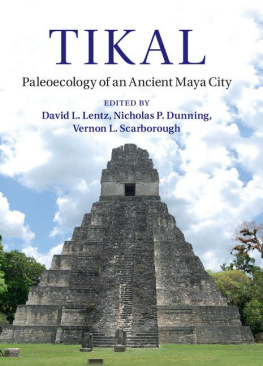

 The paper used in this publication meets the minimum requirements of the American National Standard for Information SciencesPermanence of Paper for Printed Library Materials, ANSI Z39.481992.
The paper used in this publication meets the minimum requirements of the American National Standard for Information SciencesPermanence of Paper for Printed Library Materials, ANSI Z39.481992.